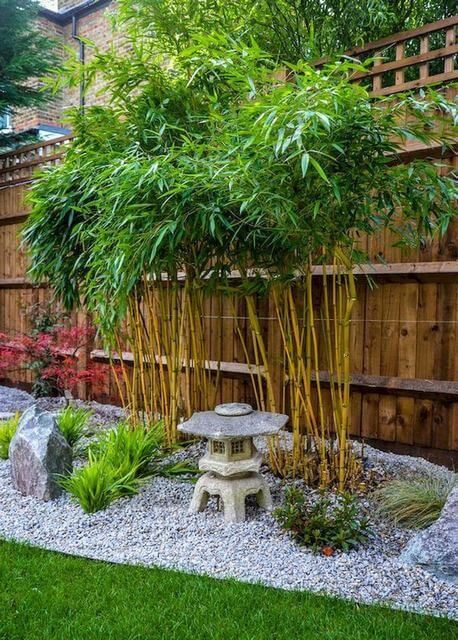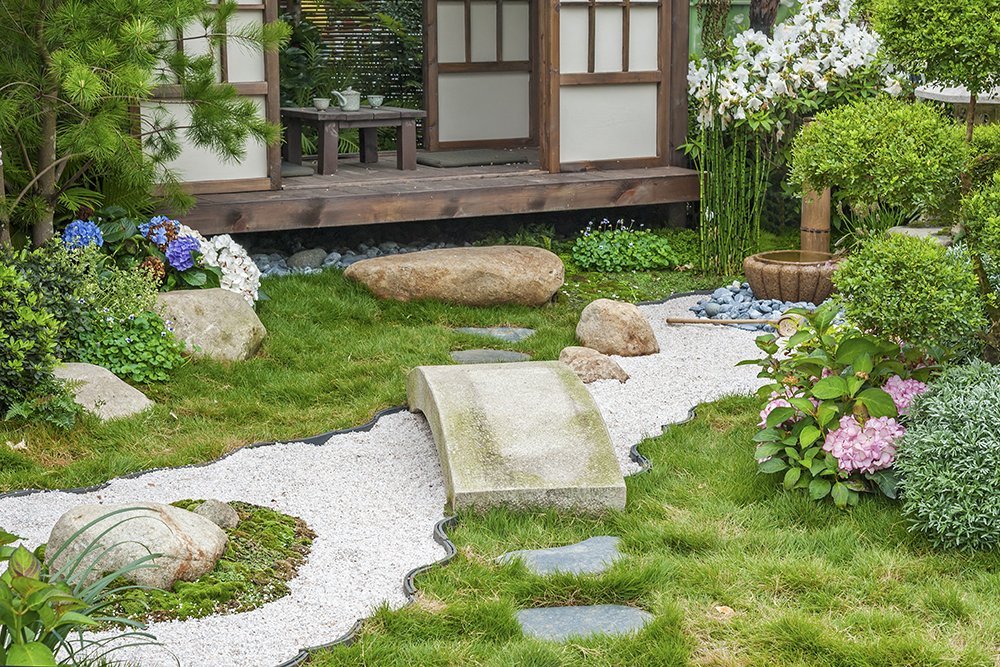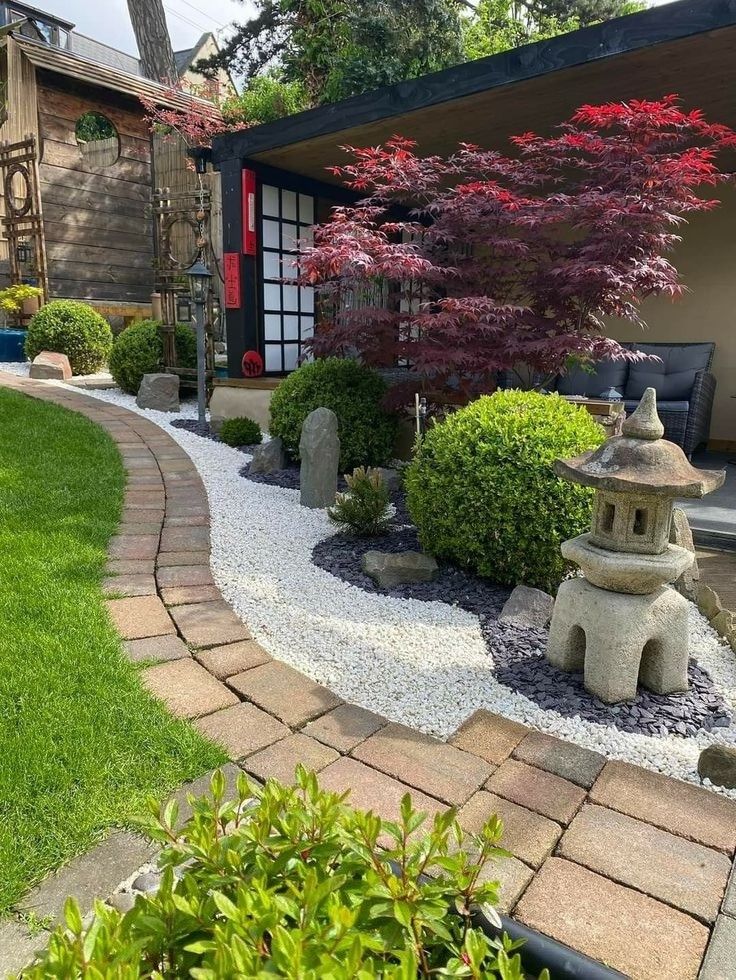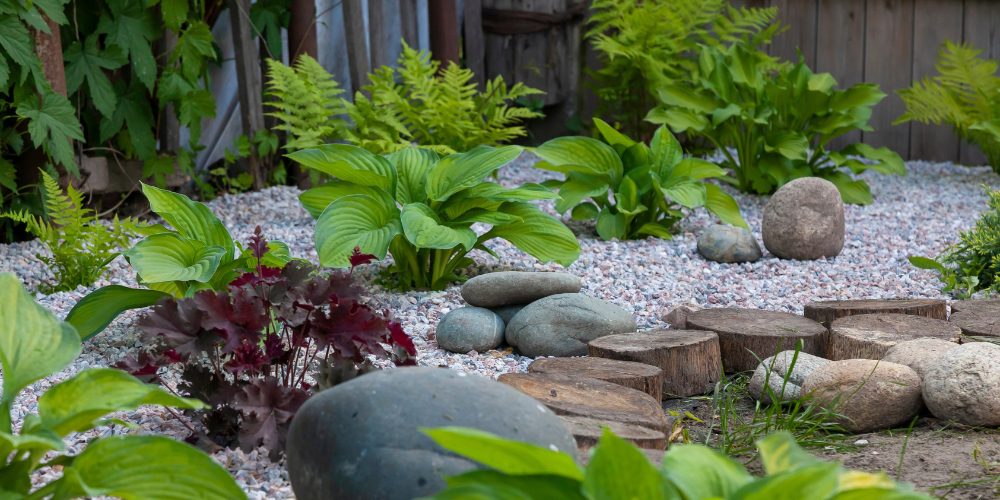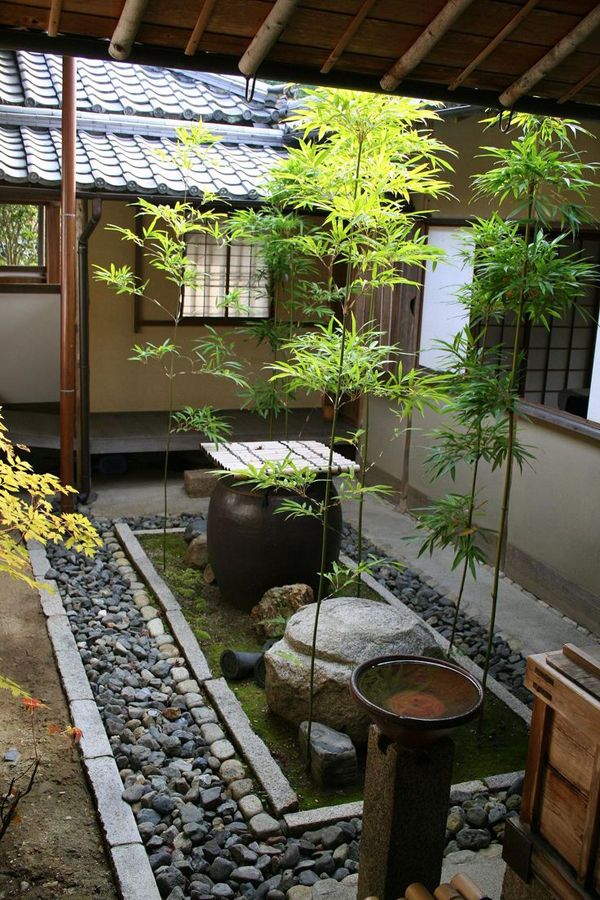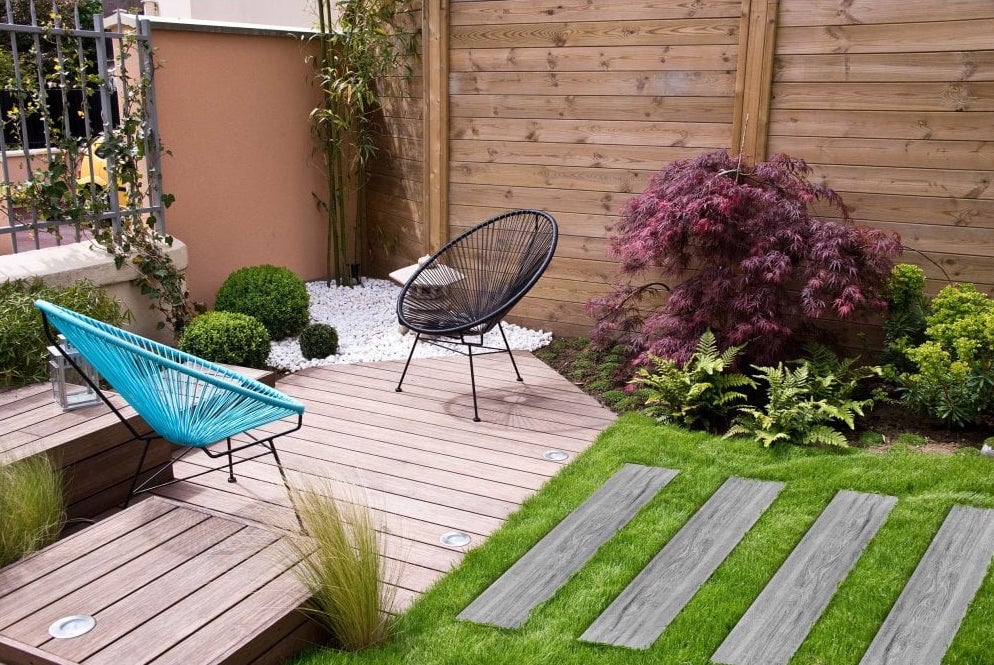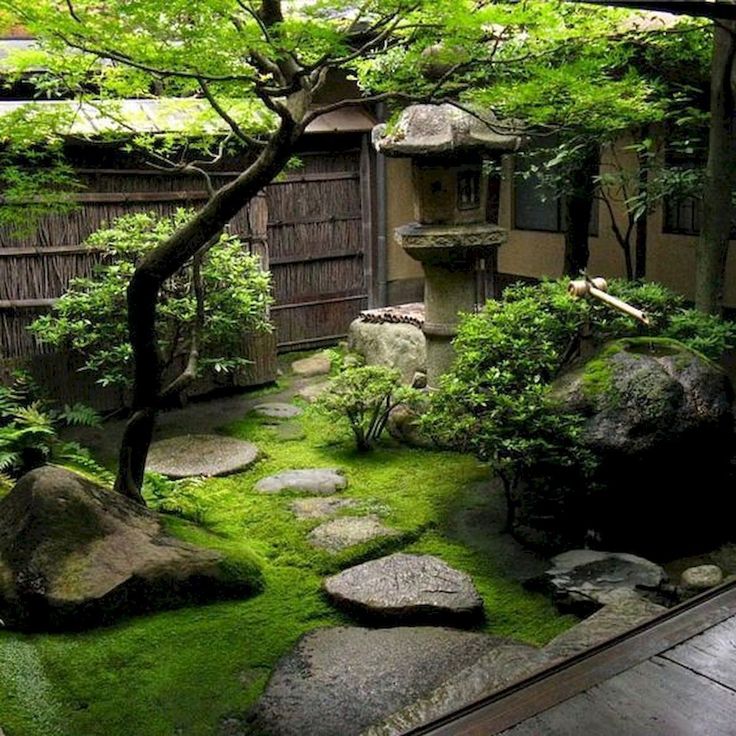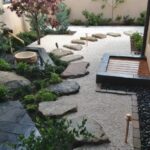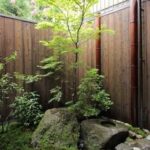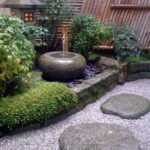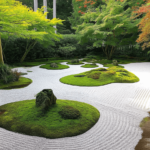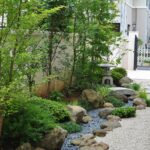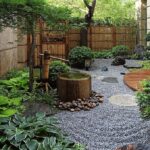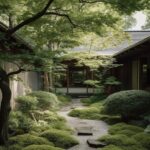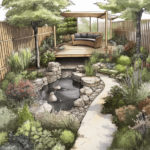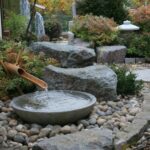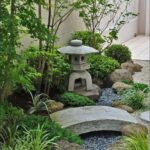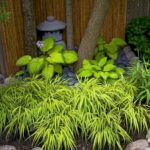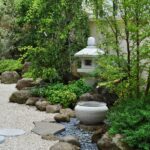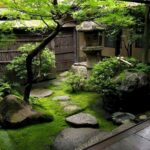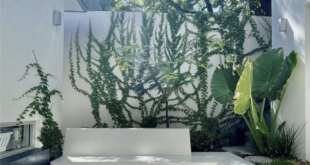Japanese backyard gardens are known for their serene and peaceful atmosphere, combining nature, tradition, and modern elements to create a harmonious space that is both functional and beautiful. These gardens are a reflection of Japanese culture and aesthetics, drawing inspiration from centuries-old gardening traditions and principles.
One of the key elements of Japanese backyard garden design is the concept of “wabi-sabi,” which embraces imperfection, simplicity, and the beauty of natural materials. This philosophy is reflected in the layout and design of the garden, with an emphasis on creating a space that is both aesthetically pleasing and functional.
Japanese gardens often feature carefully placed rocks, boulders, and gravel to mimic the natural landscape and create a sense of tranquility. Water features such as ponds, streams, and waterfalls are also common, adding a sense of movement and tranquility to the garden. These water features are often surrounded by lush greenery, including bamboo, Japanese maples, and cherry blossoms, which provide shade and create a sense of privacy.
Another important element of Japanese backyard garden design is the use of traditional materials such as wood, bamboo, and stone. These materials are carefully selected and arranged to create a sense of balance and harmony in the garden. Wooden structures such as pergolas, tea houses, and bridges are often incorporated into the design, adding a sense of authenticity and tradition to the space.
In addition to traditional elements, Japanese backyard gardens often incorporate modern design elements and technology to create a more sustainable and low-maintenance space. For example, solar lighting, rainwater harvesting systems, and eco-friendly plantings are often used to reduce energy consumption and water usage while maintaining the beauty and tranquility of the garden.
Overall, Japanese backyard garden design is a fusion of tradition and modernity, creating a space that is both timeless and contemporary. Whether you are looking to create a peaceful retreat in your backyard or simply add a touch of Japanese-inspired design to your outdoor space, incorporating elements of Japanese garden design can help you create a space that is both beautiful and functional.
 innstyled backyard design ideas
innstyled backyard design ideas
